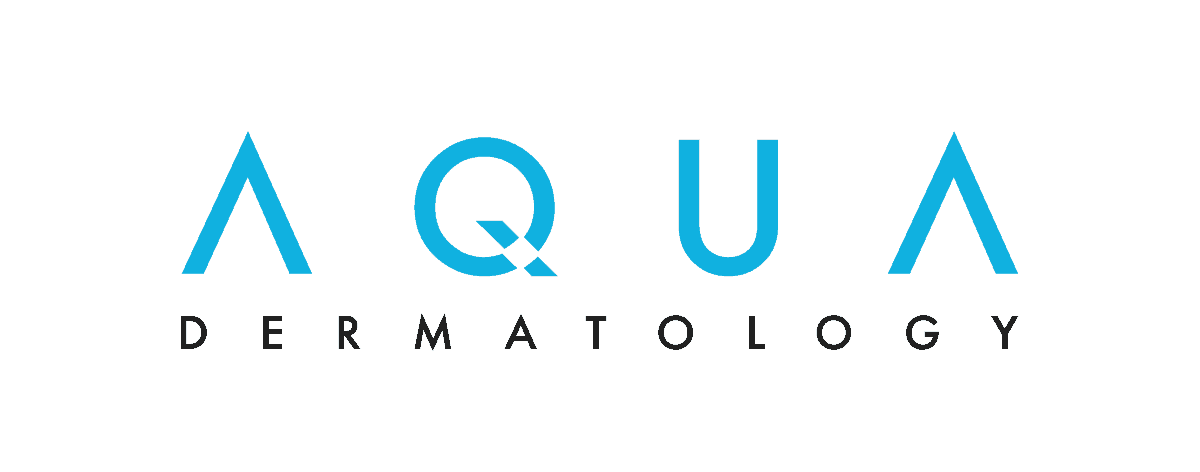Seborrheic
Dermatitis
Call (877) 900-3223
SEBORRHEIC DERMATITIS
What Is Seborrheic Dermatitis?
Seborrheic Dermatitis Causes
Seborrheic Dermatitis Symptoms
Seborrheic Dermatitis Triggers
Seborrheic Dermatitis Treatment
What Is Seborrheic Dermatitis?
Seborrheic dermatitis is a common inflammatory skin condition characterized by patches of skin that can be red, itchy, scaly and flaky. When it affects the scalp, it’s known as dandruff in adults and cradle cap in infants.
Beyond the scalp, seborrheic dermatitis typically affects areas of the body where oil glands are plentiful. On the face, these include the hairline, eyebrows, eyelids, sides of the nose and ears. Below the neck, seborrheic dermatitis can appear on the middle of the chest, the upper back, armpits and groin.
Seborrheic Dermatitis Causes
One possible cause of seborrheic dermatitis is an overgrowth of yeasts in the Malassezia family that normally live on the skin. The immune system’s response to the yeast may be what leads to symptoms, at least in some people. Not everyone has a reaction. Experts aren’t sure why some do, but genetics may be to blame.
Factors that increase the risk of seborrheic dermatitis include:
- Parkinson’s disease
- Clinical depression
- HIV/AIDS
- Rosacea
- Epilepsy
- Eating disorders
- Alcoholism
- Recent stroke or heart attack
Seborrheic Dermatitis Symptoms
The symptoms of seborrheic dermatitis differ depending on where it’s located on the body. In infants, cradle cap shows up as patches of scaly, greasy skin. Babies sometimes develop seborrheic dermatitis on their bottoms, where it looks similar to diaper rash, a type of contact dermatitis.
In adults, seborrheic dermatitis can cause scaly patches with reddish skin beneath. The patches may be oily and covered by white or yellowish scales. The skin may itch.
Seborrheic Dermatitis Triggers
For people who are prone to seborrheic dermatitis, flare-ups can be caused by a number of triggers. Common ones include:
- Stress
- Hormonal shifts
- Certain ingredients that come in contact with the skin, such as harsh soaps and laundry detergents
- Cold, dry weather
- The medications psoralen, interferon and lithium
Seborrheic Dermatitis Treatment
Seborrheic dermatitis comes and goes. Flare-ups can typically be treated with simple home remedies and over-the-counter medications.
Cradle cap
Infants with cradle cap tend to outgrow it at 6 months to 1 year of age. In the meantime, wash the area daily with a mild baby shampoo. Apply petroleum jelly or another emollient to crusty areas to loosen the scales, then gently remove the scales with a soft-bristled baby brush.
Dandruff
Often, an over-the-counter dandruff shampoo is all that’s needed to treat mild seborrheic dermatitis on the scalp. These shampoos contain any of several active ingredients:
- Ketoconazole and zinc pyrithione, antifungals that reduce the amount of yeast on the skin
- Coal tar and selenium sulfide, which slow the rate of skin cell turnover
- Salicylic acid, which helps prevent scales from forming
- Tea tree oil, which has anti-fungal properties
Be aware that some of these ingredients, such as coal tar, may discolor light, gray or chemically treated hair.
Caucasians and Asians who have dandruff are recommended by the American Academy of Dermatology to shampoo their hair daily and use a dandruff shampoo twice a week. The AAD recommends African Americans to shampoo only once a week, using a dandruff shampoo.
If over-the-counter dandruff shampoos aren’t effective, a dermatologist can prescribe a stronger shampoo or scalp treatment.
Seborrheic dermatitis on the face and body
Mild cases can be treated by washing the skin regularly, keeping it dry and wearing smooth, cotton clothing. You might apply an over-the-counter corticosteroid cream to small areas, following the package instructions.
For stubborn flare-ups, a dermatologist may prescribe a topical anti-fungal medication. Seborrheic dermatitis that is severe or persistent may require more aggressive treatment, such as an oral anti-fungal medication, a prescription corticosteroid cream or a topical calcineurin inhibitor to suppress the immune response.
Another treatment approach is a type of light therapy called psoralen plus ultraviolet A radiation (PUVA), which is commonly used to treat other skin conditions such as psoriasis and eczema. It’s sometimes used to clear up severe seborrheic dermatitis, especially when it occurs along with another skin disorder.





